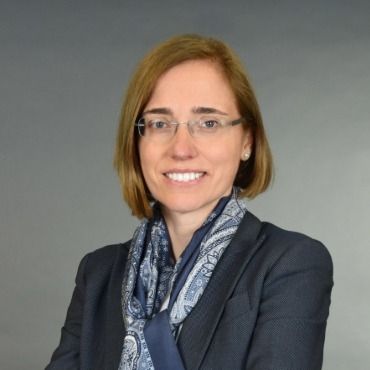The IDB presents the report BIDeconomics Dominican Republic: Opportunities for Sustainable, Inclusive and Resilient Development
The report identifies three fundamental challenges for the country: human capital, institutional capacity and productive transformation.
The Dominican Republic is at a turning point in terms of economic and social development. This is the conclusion of a study by the Inter-American Development Bank (IDB) that identifies three fundamental challenges that the country must address in order to move more toward greater inclusion and economic and social well-being: human capital, institutional capacity and productive transformation.
The study, entitled BIDeconomics the Dominican Republic: Opportunities for Sustainable, Inclusive and Resilient Development, makes more than 120 public policy proposals to meet these challenges and achieve better human capital at every stage of the life cycle, more independence and quality in public institutions and more production potential so as to lead growth in the region. Finally, in a transversal way, the study also looks at how the Dominican Republic must improve its ability to prevent and respond to natural disasters.
The report is the result of a rigorous process of analysis that was enriched by the IDB's lengthy record as a strategic partner of the Dominican Republic in its path toward development. The study aims to help establish the foundations for a society that guarantees equal opportunities for everyone in the Dominican Republic.
In the words of the IDB Group representative for the Dominican Republic, Miguel Coronado Hunter, “the country not only faces the challenge of returning to growth, but of growing better and in a more inclusive way. The best way to do this is to go deeper in a program of structural reforms, which are more appropriate than ever today, which drive sustainable and inclusive growth and prepare the country to confront new challenges in a world context that is more and more complex and changing. If it reaches this goal, the country will continue to be a leader in economic and social growth in Latin America and the Caribbean and will serve as a model for the region."
At the launch of BIDeconomics Dominican Republic, Marta Ruiz-Arranz, the principal economic adviser for the IDB Country Department Central America, Haiti, Mexico, Panama and the Dominican Republic, said that "in order to close social and economic gaps it is important to build a Dominican productive sector that is less vulnerable, more able to bounce back from shocks, and create good-paying jobs. This means consolidating and expanding productive opportunities, helping strategic sectors recover from the current crisis while reforms are implemented to lure new business opportunities that diversify the means of production. With that in mind, it is necessary to focus on infrastructure to improve competitiveness and sustainability, consolidate the business climate and of course improve access to production-related financing."
Ruiz-Arranz said one priority should be to help vulnerable populations affected by the pandemic and strengthen human capital in stage of the cycle of life. This means addressing early infancy, improving the quality of education and preparing young people for the jobs demanded by a changing world, with decent wages. It also means achieving a quality health care system with a focus on prevention and a consolidated primary care network, as well as an effective social protection grid for the most vulnerable people.
Ruiz-Arranz also said that in order to meet these challenges it will be necessary to go further in reforms designed to boost the equity, efficiency and sustainability of public finances, improve the quality of public spending, address the challenges of the digital economy, with greater connectivity and insertion in global value chains, and better and more efficient provision of the services that State provides to the people.
About the IDB
The Inter-American Development Bank is devoted to improving lives. Established in 1959, the IDB is a leading source of long-term financing for economic, social, and institutional development in Latin America and the Caribbean. The IDB also conducts cutting-edge research and provides policy advice, technical assistance, and training to public- and private-sector clients throughout the region.
Patricia Reinoso

Ruiz Arranz,Maria Marta
Division Chief - Fiscal Management
